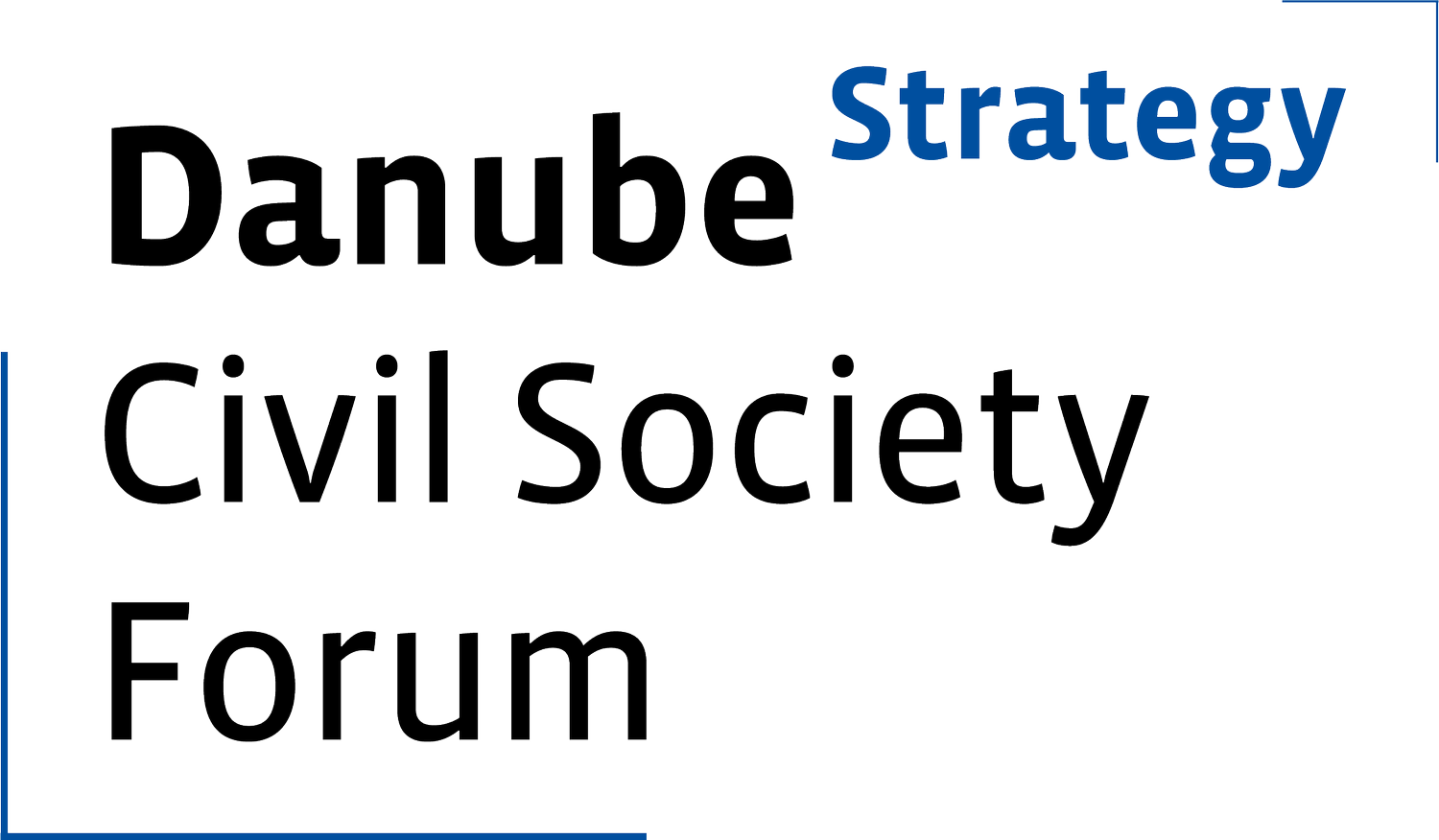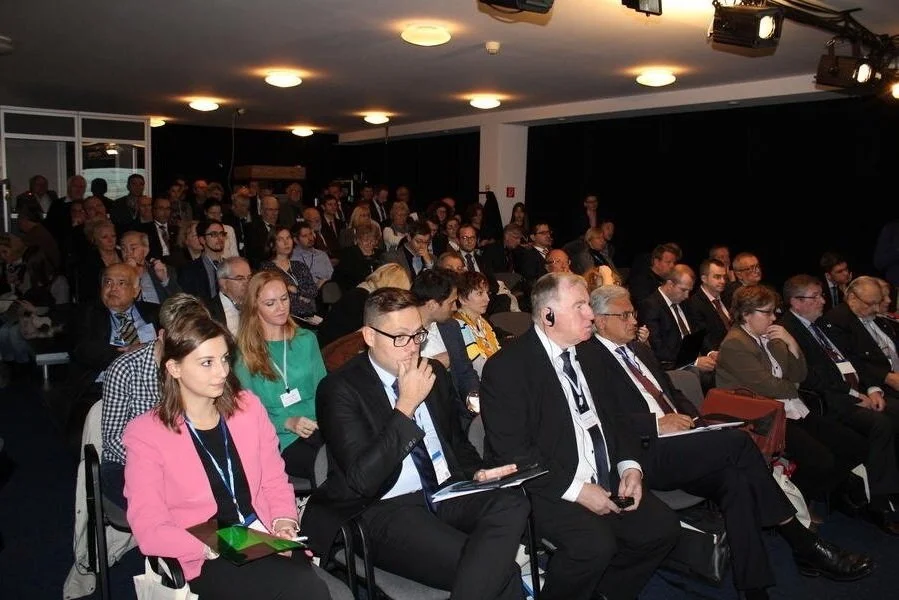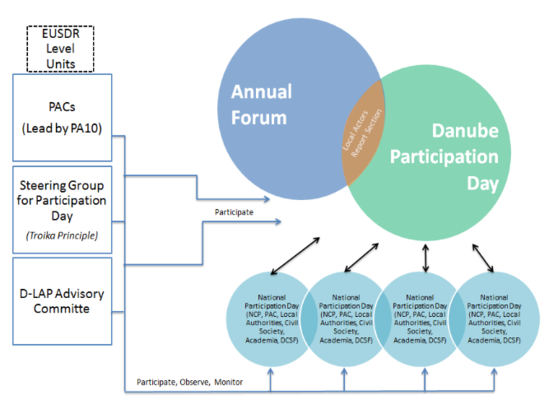About the Participation Days
Danube Participation Days
The Danube Participation Days have been developed by representatives of organized civil society and local stakeholders, supported by Priority Area 10 Institutional Capacity and Cooperation (PA10) out of the recognition, growing since 2012, of the necessity for a structural, transparent and regular participation of civil society and local actors in the Danube Strategy.
Macro-regional Participation Days linked to the respective Annual Fora of the MRS like the Danube Participation Day or the Baltic Participation Day serve as the main meeting of civil society in the framework of macro-regional strategies and, starting in 2014, are organised every year as pre-events to the Annual Fora of the macro-regional strategies.
-
The Danube Participation Day is jointly organised by the DCSF, EUSDR-PA10 in consultation with the PA 10 Danube Local Actors Platform and in close coordination with the hosting country, the hosting city and the civil society in the hosting country. The Danube Participation Day is open to all stakeholders from civil society and local actors as well as related international and European organisations and institutions and provides civil society and local actors with opportunities to connect and get involved in the implementation of the EUSDR. It reflects the debates and results of the National Participation Days and serves as lighthouse of participation in the EUSDR governance structure.
Since 2014, the Danube Participation Days have grown in terms of participants and kept a broad thematic scope related to its core aim: enhancing the participation of local actors at all levels in the Danube Region.
-
In May 2017, the National and Danube Participation Day events were reviewed by PA10 through an online questionnaire. The results of the review showed the need for such events, as well as the challenge
of further development and financing. A majority of participants (66%) see the Danube Participation
Days meeting their needs and expectations, clearly showing the importance and the need for a structured participative approach to the EUSDR at all levels. The feedback also highlights the needs and challenges for the further development of activities in the Danube Region. While confirming the overall orientation of the activities in the EUSDR, stakeholders voiced their need for the further support for project development, funding and regular exchange. The EUSDR stakeholders reiterated that there is a greater need for support and involvement by the European Institutions.
Although the Participation Days and its organizers seeks to meet these expectations, it is clear that the proposals and recommendations of the involved stakeholders go far beyond the format and its current capacities.
Thanks to the financial support from the Baden-Württemberg Foundation, the Foster Europe Foundation and PA 10, the Danube Participation Days was be able to continue.
The Agenda for Participation, not least as a response to the assessment of the Participation Days, aims to move from an event-oriented approach to a sustainable cross-sectoral process overarching more than one year and more than one macro-regional strategy.
National Participation Days
National Participation Days (NPD, formerly national hearing) are annually held meetings of all interested active or potential stakeholders of the EUSDR on a national level. The NPDs specifically addresses civil society organisations and their networks, local actors from municipality level, academia, public authorities on local and regional level as well as national institutions active in the EUSDR and EUSDR Priority Coordinators (PACs) based in the country, as well as the National Contact Point (NCP). The NPD should be open to interested stakeholders from abroad such as representatives from PACs, academia, umbrella organisations (CoDCR, DCSF) and civil society.
-
The NPD should be a forum for stakeholders to report from their work, experience, perspective and planning on both state and non-state level, for mutual information and opinion building on national level.
The NPD should thematically include the annual fora and the Danube Participation Days. For this the agenda of the NPD should reflect the outcome of the previous and the agenda of the upcoming annual fora and Danube Participation Days as well as the state of implementation, reform and progress of the EUSDR as a whole.
The NPD creates by it repeated state-actor non-state actor structured dialogue and their mutual information a nucleus for an informed and active EUSDR public in the country. This contributes to a capacity building of multi-sectoral and multi-level, trans-regional, trans-national cooperation on the local, regional and national levels.
-
As a pratical matter, the exepriences from other NPDs held so far show that the NPD should be held at a venue easy to reach and last not longer than 3⁄4 of a day. It should be organised either jointly by the NCP and civil society in coodination with PA 10 responsible for civil society and participation in the EUSDR or by civil society in coordination with the respective NCP and PA 10. In general, the NPD should be a low hurdle event for participants and and a low cost event for the organisers. From previous expereinces, attendance is between 80 and 120 persons.
-
The NPD should raise the level of national coordination, participation and knowwledge on the national strategy within the EUSDR. It should inform participants on the current state of play of the EUSDR and foster direct links and contacts between actors from various fields of expertise (state and non-state). The NPD should raise awaresess on the national level and motivate possibly interested actors to join the strategy and become active stakeholders.
-
2015
1. National Participation Day, Serbia 2015
2. National Participation Day, Austria 2015
3. National Participation Day, Ukraine 2015
2016
1. National Participation Day, Austria 2016
2. National Participation Day, Moldova 2016
3. National Participation Day, Slovakia 2016
4. National Participation Day, Bulgaria 2016
2017
1. National Participation Day, Serbia 2017
2. National Participation Day, Bulgaria 2017
3. National Participation Day, Czech Republic 2017
4. National Participation Day, Germany 2017
5. National Participation Day, Ukraine 2017
6. National Participation Day, Moldova 2017
2018
1. National Forum and Participation Day, Romania 2018
2. National Participation Day & Danube Financial and Capacity Building Dialogue, Moldova 2018
3. National Participation Day, Slovenia 2018
4. National Participation Day, Serbia 2018
5. National Participation Day & Danube Financial and Capacity Building Dialogue, Ukraine 2018
6. National Forum and Participation Day, Romania 2018
2019
1. National Participation Day, Romania 2019
2022
1. National Participation Day, Slovenia 2022
For the archive please click here »
The NPD is the national platform in the structured civil society dialogue of the EUSDR.
The NPD is the important link:
between the national public actors (ministries, national agencies, NCP, PACs, etc.) and the interested stakeholders active in the country;
The NPD gives stakeholders the possibility to meet and exchange information in view of possible cooperation on a macro-regional level;
The NPD gives stakeholders the possibility to inform themselves about ongoing projects, calls or other possible financing programmes or instruments in the EUSDR between the supra- national activities of the EUSDR, at the Annual Fora and the annual Danube Participation Days.
On the national and regional level, the Danube Participation Days are backed by national events that bear various names differing from country to county. In Serbia and the Vojvodina the event is called National Hearing, in Austria Erweitertes Dilagogforum (Enlarged Dialogue Forum), in Baden- Württemberg Donauforum (Danube Forum).


